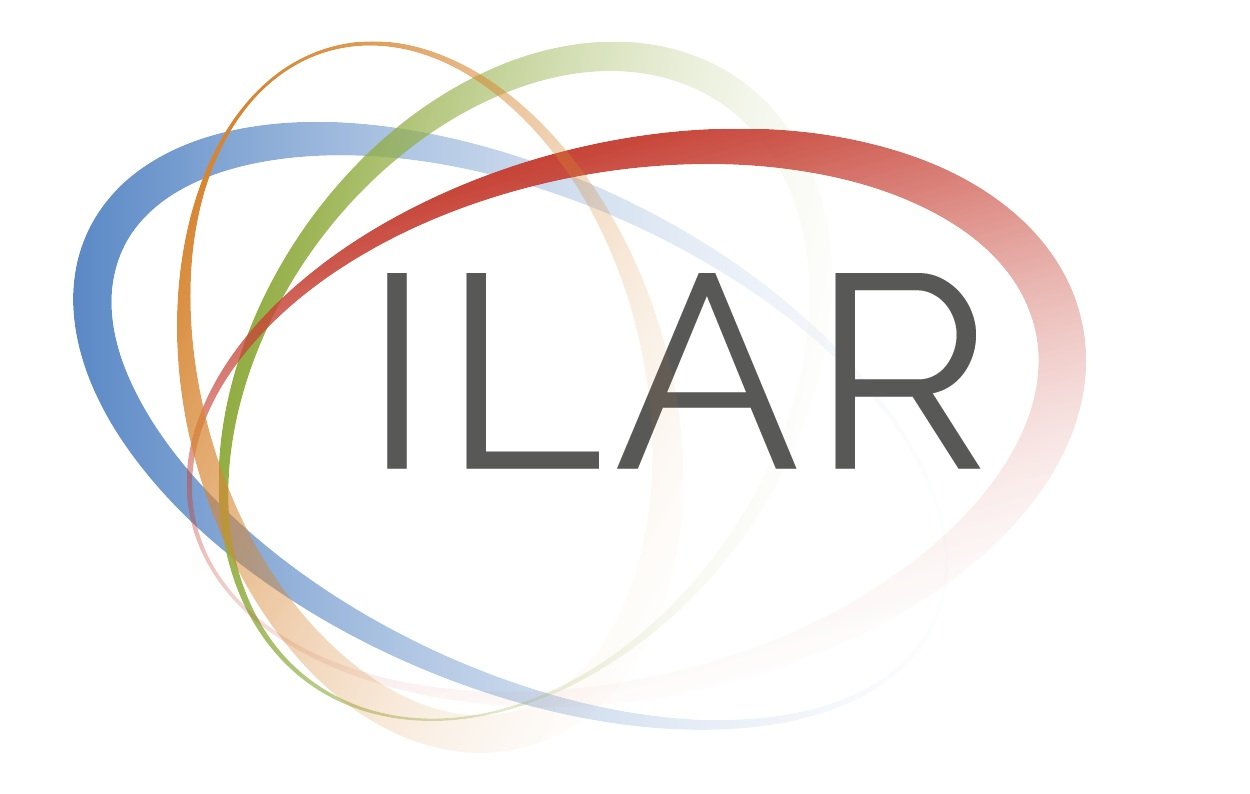Study Reveals the social and economic impact of promoting self-care in Latin America
The Regional Association of Over-the-Counter Medicines in Latin America (ILAR) presented the results of an investigation that estimates the benefits of the responsible use of over-the-counter medicines (OTC), in national public health systems.
The study focused on treating the common diseases with the greatest impact in the region, such as the common cold, acute diarrhea, vulvovaginal candidiasis, and nonspecific low back pain, in Argentina, Chile, Mexico, Colombia, and Brazil.
The most relevant finding of the study was to verify that if 50% of these conditions were treated through self-care with the use of over-the-counter medications, the countries could save nearly USD 1.5 billion annually in medical care and loss of productivity.
Read HERE the full report of the results.
San Salvador, El Salvador, October 26, 2018.- Within the framework of the IX Pan American Conference for the Harmonization of Pharmaceutical Regulation (CPARF) held in San Salvador, El Salvador, from October 24 to 26, representatives of the OTC Group of ILAR presented the results of the study on the economic value of self-care in Latin America. The OTC Group is made up of the regulatory authorities of Argentina, Colombia, Brazil, and Mexico and ILAR, the Latin American Association for Responsible Self-Care.
ILAR promotes health self-care through the use of over-the-counter medications (OTCs), to optimize resources and social welfare systems, contribute to strengthening public health through responsible medication. It is currently developing an initiative on the treatment of some of the minor illnesses in the region, seeking to demonstrate the cost advantages of self-care.
In Latin America, the natural population growth, coupled with a longer life expectancy, has increased the number of people who demand health services, which they do in a demanding way. The National Public Health Systems find it increasingly difficult to efficiently treat the health of their users and need to adopt cost containment and rationalization policies.
The study seeks to estimate the benefits of self-care with the use of over-the-counter medications by determining the economic value that the management of some common minor diseases with these products can have in comparison with management within the National Public Health System. In the same conditions and cases, with a focus on common diseases with the greatest impact in the region, such as the common cold, acute diarrhea, vulvovaginal candidiasis, and nonspecific low back pain, in Argentina, Chile, Mexico, Colombia, and Brazil.
The results, which will allow the discussion on public policies in the region to continue, are divided into the comparative cost of treatments, the impact on the budget, and the social cost of these conditions:
Nearly 3 billion dollars are spent on health care in the four countries included in the study, with the common cold being the illness that causes the most care costs, with 45% of the annual total.
If 50% of cases were treated through over-the-counter medications, substantial savings of about $1.5 billion could be achieved:
o One billion dollars in public health systems.
o 473 million annually due to the loss of productivity that is currently occurring.
Low back pain and the common cold cause losses from work absenteeism of about 4 billion dollars annually.
With the disclose of the study, the OTC Group of ILAR provides solidly based information for the knowledge of the Ministries and Secretaries of Health, their regulatory agencies, and public institutions, so that they consider over-the-counter medicines as a relevant therapeutic option. and effective within their general strategy, given their potential to educate consumers about self-care and help increase the efficiency of national public health systems, allowing them to prioritize the treatment of patients with more serious conditions.
Health self-care through over-the-counter medications, in their authorized indications, represents a favorable element for the efficiency of the National Health System, due to its accessibility for large groups of the population and its relatively low costs, as practical solutions and fast implementation.
The research shows results that show the generation of savings with the self-care health strategy with over-the-counter medications both in the economic sphere, as well as in the consumption and use of health resources and, above all, in potential favorable impacts on health. patients health.
After this presentation, ILAR will hold meetings with the Ministries of Health/Secretariats, regulatory entities, and local self-care associations in the countries included in the study, to develop a plan for socializing the information that will allow for dissemination and discussion location of the results.
-ENDS-

